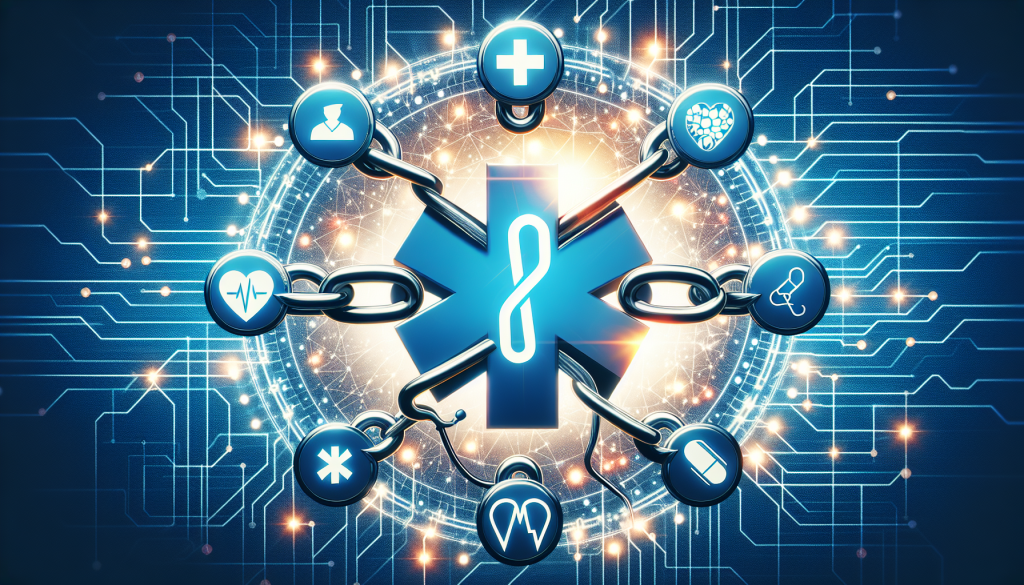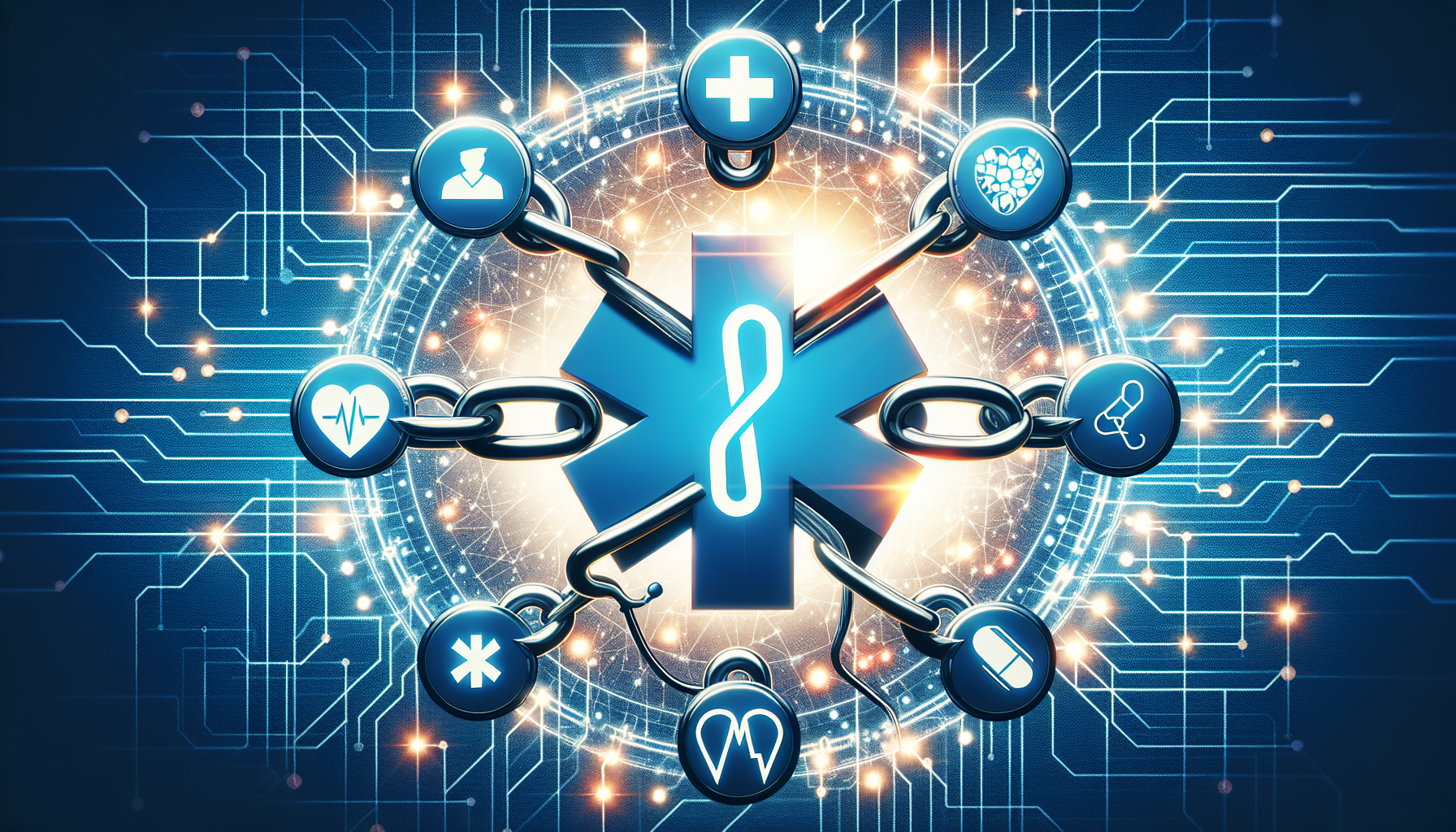/ Jan 22, 2026
Trending


The potential for blockchain technology to transform the healthcare industry is becoming a focal point for both developers and medical professionals. As the world becomes more digitally connected, blockchain offers a promising solution to some persistent problems facing healthcare systems globally. This article delves into the latest blockchain innovations in healthcare, explores their impacts, and highlights less-known networks making significant strides in this sector.
Healthcare has long struggled with issues related to data security, interoperability, and patient privacy. The traditional systems that manage medical records are often vulnerable to hacks and breaches, leading to a loss of sensitive information. Blockchain technology provides a decentralized and secure approach to data management, making it a prime candidate to revolutionize healthcare information systems.
Blockchain enables secure and transparent data exchange across different health systems. By employing decentralized ledgers, healthcare providers can ensure data integrity and privacy, reducing the incidence of fraudulent activities. Patients, on the other hand, gain more control over their personal health records, deciding who gets access to their information and when.
Interoperability is crucial in healthcare as it allows different systems to work together seamlessly. Blockchain can create standardized protocols for data sharing, ensuring that information is easily accessible and usable across various platforms. This capability can enhance patient care, as healthcare professionals have immediate access to comprehensive patient histories regardless of their technological infrastructure.
Multiple blockchain projects are currently underway to tackle healthcare-specific challenges. Some of these projects, including those emerging from less-known networks like VeChain, have started gaining traction due to their innovative solutions.
Although primarily known for supply chain solutions, VeChain is leveraging its technology to improve healthcare processes. It launched a decentralized application called “My Story” that includes features for verifying vaccine authenticity and tracking medical supplies. This effort enhances transparency and reduces the risk of counterfeit products entering the supply chain.
MedicalChain is another platform exploring blockchain’s potential in healthcare by focusing on patient empowerment. Their platform allows patients to store, share, and control their medical records via blockchain. By creating a verifiable, secure trail of documentation, patients can seamlessly share information with trusted healthcare providers, ensuring consistent care and attention.
Gem Health Network is another significant player using blockchain to reshape healthcare data management. By facilitating data exchange amongst healthcare organizations, Gem ensures the integrity and reliability of patient data. The platform connects disparate systems, making it easier for stakeholders to access cohesive and detailed patient histories.
Despite its potential benefits, blockchain in healthcare faces significant regulatory hurdles. Given the sensitive nature of healthcare data, stringent regulations govern its use and distribution. This situation creates a complex environment for blockchain solutions to navigate.
Blockchain projects must comply with existing data protection laws, including the General Data Protection Regulation (GDPR) in Europe and the Health Insurance Portability and Accountability Act (HIPAA) in the United States. These regulations require data controllers to protect personal data, making the immutable nature of the blockchain both an asset and a complication, as it may conflict with the “right to be forgotten” principle.
The challenge lies in creating systems that leverage blockchain’s strengths while ensuring compliance with international standards and data protection laws. Developers are working on solutions like private blockchains and anonymized data techniques to balance transparency with necessary confidentiality and compliance requirements.
The integration of blockchain technology in healthcare is poised to bring about significant improvements by enhancing data security, interoperability, and patient empowerment. With more dedicated research and development, supported by investments from both the private and public sectors, blockchain can address the vulnerabilities in existing healthcare systems.
Less mainstream blockchain networks like VeChain, MedicalChain, and Gem are proving that practical and impactful applications are possible. As these technologies mature and gain regulatory green lights, the future of healthcare may indeed be secured on a distributed ledger.
Stay ahead with Blockchainooz! Get daily updates on industry insights, market trends, and innovative blockchain technology—all in one place. Perfect for enthusiasts and investors looking to make informed decisions in the ever-evolving world of blockchain and crypto.